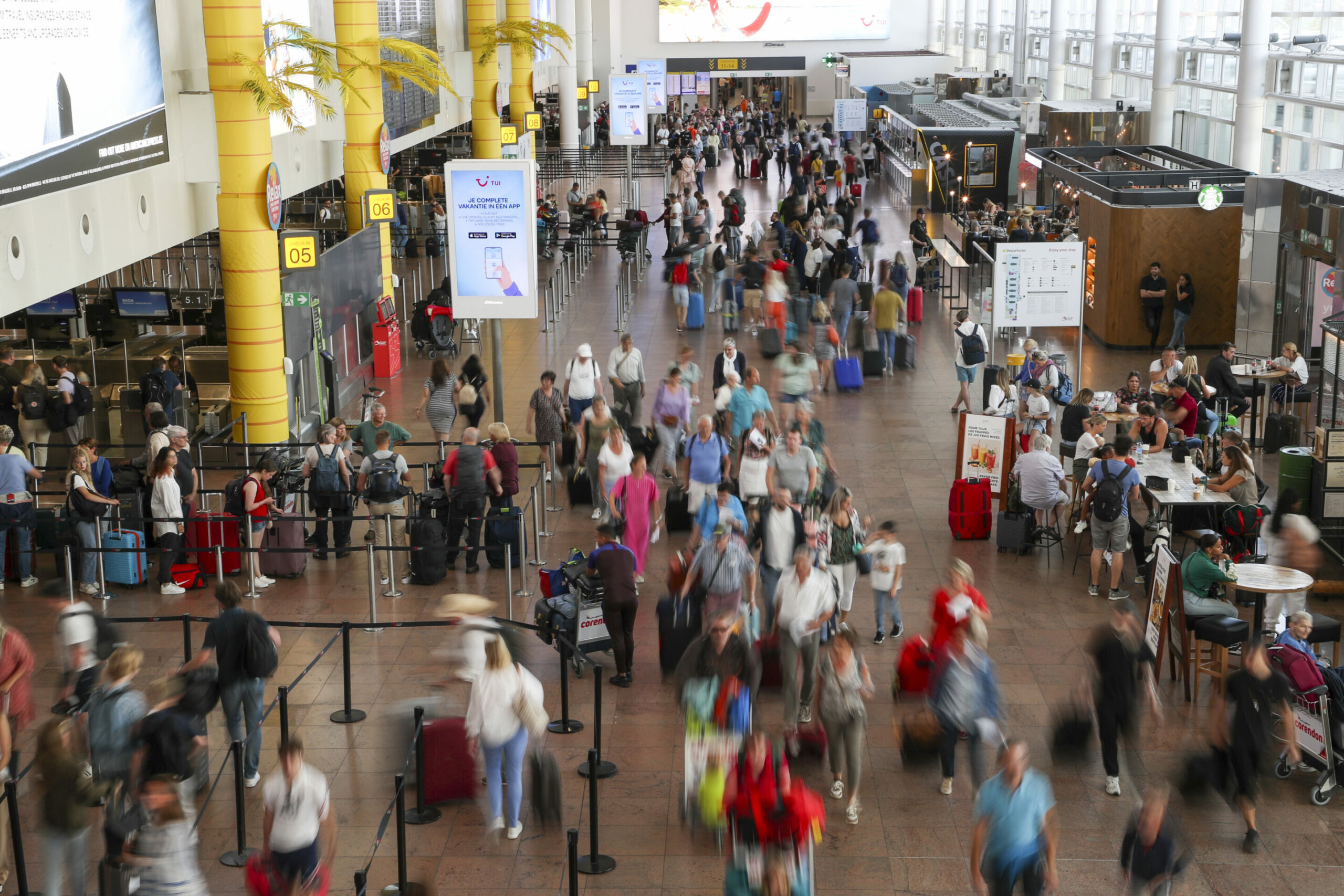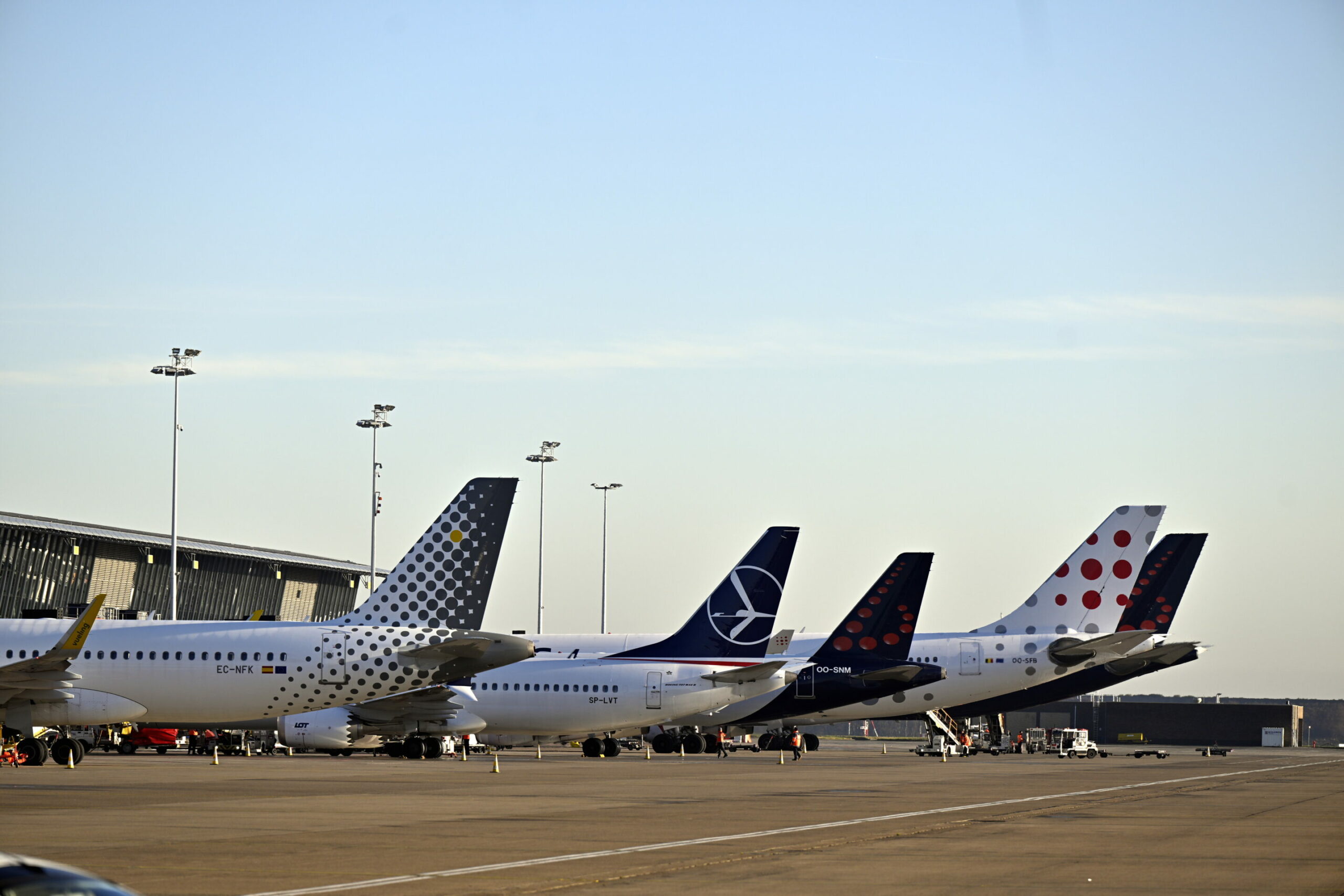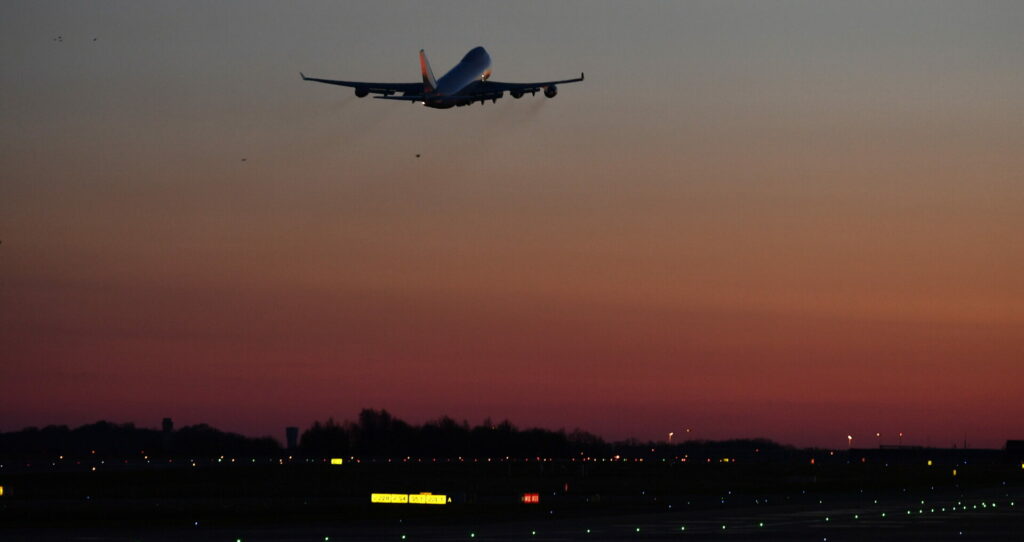Lufthansa Group, which includes Brussels Airlines, will expand its "green fares" system from 4 December for "more sustainable flying." But amid pending greenwashing investigations, concerns have been raised over sustainability claims in the aviation sector.
For an additional fee, set through dynamic pricing, Lufthansa's green fares promise a "full offsetting of the individual flight-related CO2 emissions."
Between 10% to 20% of the emissions are offset through the use of Sustainable Aviation Fuel (SAF). The rest is addressed through contributions to certified climate projects. This should achieve the CO2 compensation within a maximum of ten years, according to Brussels Airlines press officer Nico Cardone.
The green fares themselves are not under scrutiny. But since April 2024, Brussels Airlines and 19 others have been investigated over potentially misleading sustainability claims. This is a pending case by the Consumer Protection Cooperation Network (CPC), coordinated by the European Commission.

Departure hall in Brussels Airport. Credit: Belga / Nicolas Maeterlinck
Despite CO2 offsetting promises being among the investigated claims, they remain a growing trend within the sector, according to climate law expert Clémentine Baldon.
The legal concern often relates to the gap between the promised CO2 compensation and the actual results. This can be misleading for consumers. "Offsetting is a big issue and a big controversy [...] Emissions are immediate, but if you finance the planting of trees, the trees will take years to grow [and offset CO2]," Baldon said.
The use of SAF also remains at the heart of discussions. SAF is a biofuel that is made from non-petroleum feedstocks, such as frying oil.
While it can reduce the amount of CO2 emitted during flights, SAFs are not necessarily environmentally friendly. They can contribute to direct or indirect emissions through deforestation for example, the European Consumer Organisation noted in a report.

Credit: Belga / Eric Lalmand
Nonetheless, Baldon believes there are sufficient legal frameworks to regulate and address sustainability concerns within the European aviation sector. She highlighted a recent ruling by a Dutch court in a case against KLM Royal Dutch Airlines, which found terms such as "sustainable fuel" to be too absolute and unclear regarding their environmental benefits.
But she stressed that the potential consequences of sustainability fees and claims can be more severe than just misleading consumers: "When you present solutions, if they are not true solutions and just a way to maintain the status quo and business as usual, nobody is encouraged to prompt change."
The Consumer Protection Cooperation Network (CPC) is currently still discussing environmental marketing concerns and solutions with airlines. The European Commission will monitor the implementation of any agreed changes and commitments. If the necessary steps are not taken, airlines could face sanctions.

